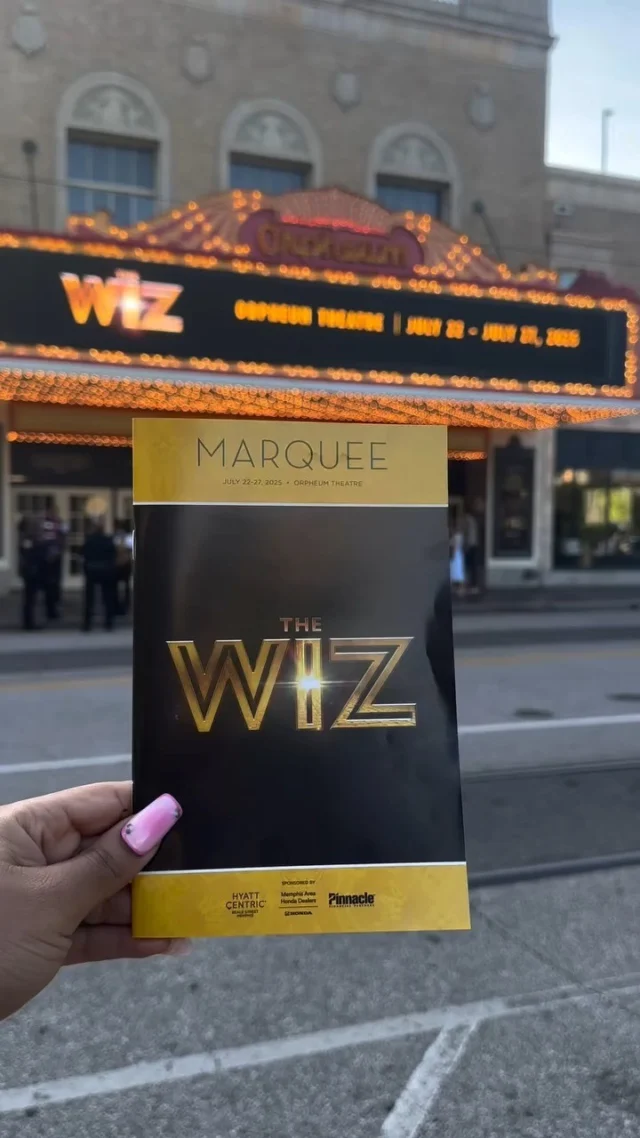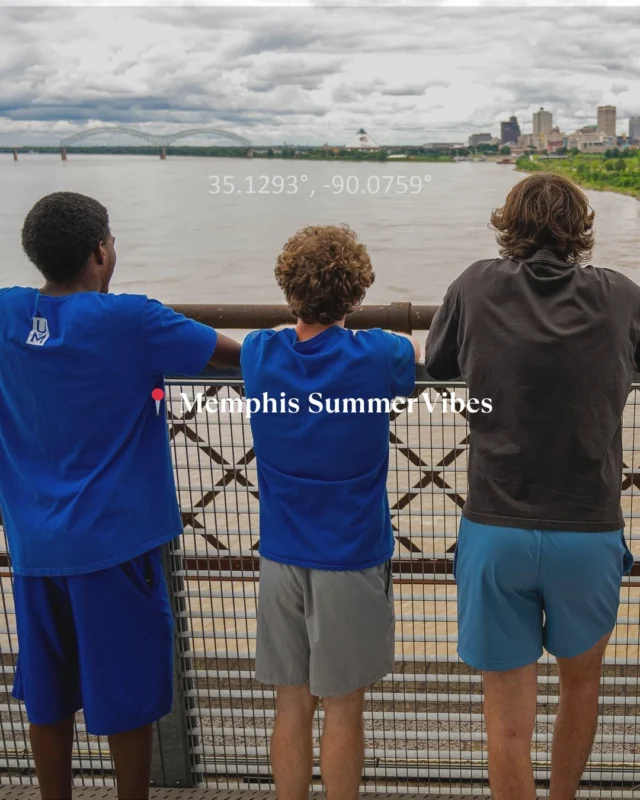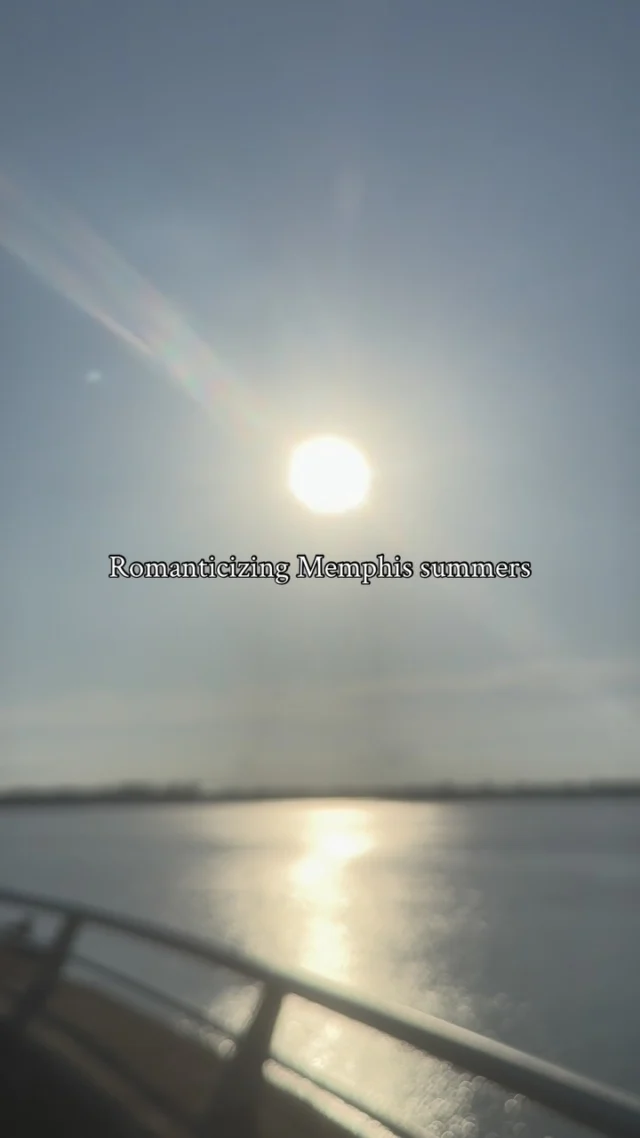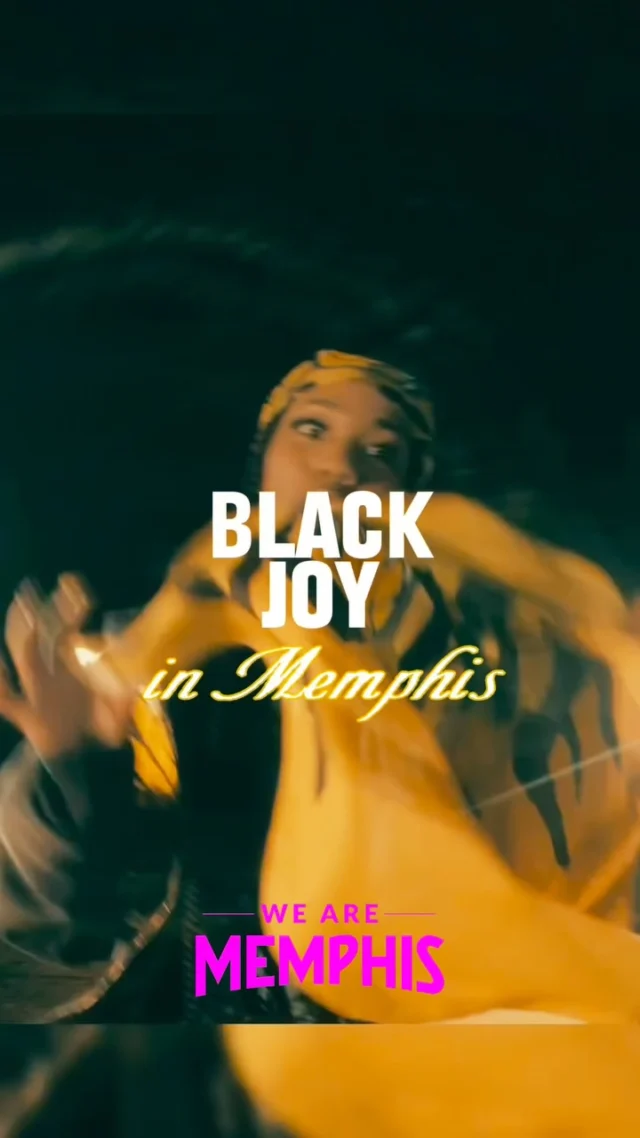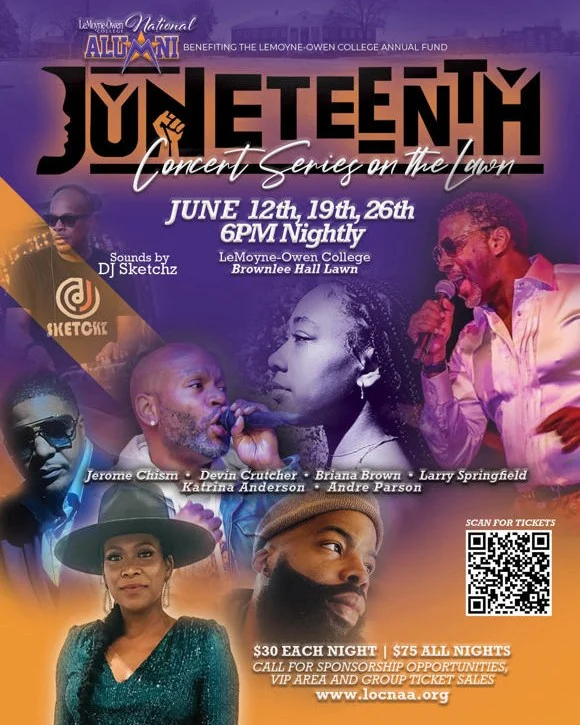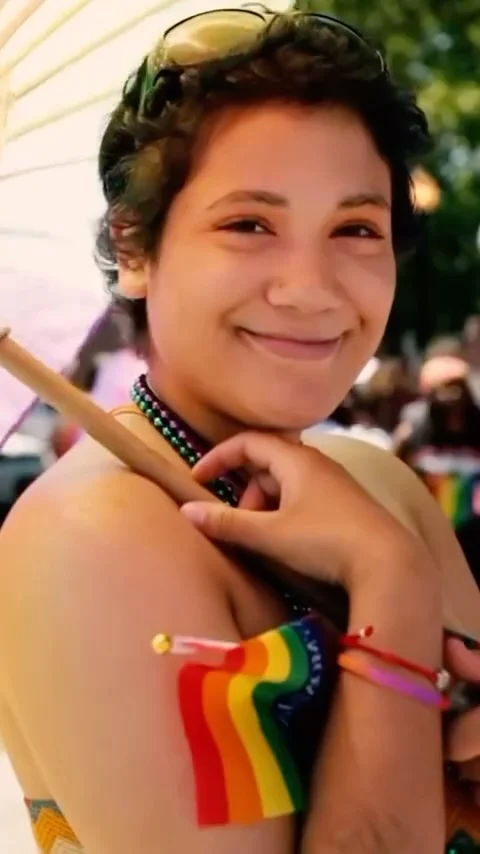Ratta. Tatta. Ratta. Tatta. Ratta. Tatta. Boom. We explore several key things we’ve learned over the last 30 to 40 years from Memphis Hip Hop.
Imagine the year is 1993, and you and the homies pull up to Crystal Palace in your mom’s 87’ Cutlass Supreme. Your high-top curl with the V-shape line up is freshly chopped by Napoleon’s Barber Shop in Smokey City. That one gold tooth is sparkling, and you and your crew can’t wait to kill the scene in those matching Tommy Hilfiger overalls.
You walk in, throw on your skates, and hit the floor. All of a sudden, the Memphis Godfather, DJ Spanish Fly, introduces the new single “Gangsta” by G-Style. You hear that Friday the 13th sample, then the “Ratta. Tatta. Ratta. Tatta. Ratta. Tatta. Boom,” and you officially fall in love with Memphis rap music forever.
Since the mid 80’s, the rap scene of Memphis has blessed us with numerous awards, a few death nearing beef’s, a handful of dances, a movie or two we won’t discuss, several RIP shirts for rap legends, the entire encyclopedia series on hustling, and basically the sound of today’s national Hip-Hop music. From the Tommy Wright III cassettes in the back of the trunk to the viral sensation of iHeartMemphis, we explore several key things we’ve learned over the last 30 to 40 years from Memphis Hip-Hop.
The “H” in Memphis is for Hustling.
M.aking E.asy M.oney P.imping … yeah, I know what the “H” means. However, Memphis rap has always been about getting money by any means and uplifting the hustle. The first words rapped on Gangsta Pat’s 1991 debut album “All About Comin’ Up” were, ‘I need money. It’s time for me to get paid.” In 1998, Gangsta Boo asked “Where dem dollas at?” Fast forward 17 years, and the story remains the same. In Young Dolph 2015 classic “Get Paid” he gave us two rules: “Rule number 1, get the money first. Rule number 2, don’t forget to get the money.”
For many years, the city of Memphis has been recognized as one of the poorest metropolitan cities in the country, so for many in the urban core, hustlin has always been about survival. Whether it’s pimping, drug dealing, or even working at one of Memphis’ factories until the rap career takes off, we idolize the stories trying to make a dollar out of fifteen cents.
Atlanta legend, Gucci Mane once told a reporter, “When I was hustlin, I was always playing Memphis rap. I felt like they had such an underground scene, and that’s what I gravitate to. The most gutter music.” We can all agree with the Trap God.
Mane, yall sholl love to dance.
If you’ve ever been to a Memphis cookout, wedding, or party when Triggaman by The Showboys comes on, you know you need to either move out the way or join in by hitting the glorified Gangsta Walk. Gangsta walking made national attention with the release of “Gangsta” by G-Style in 1993 but had been around since the 80’s. These South Memphis vets not only introduced one hell of a song, but introduced a new form of dance – jookin/buckin.
“We feel that getting buck can release frustration, have fun, and be cool all at the same time,” explained by Romeo in the video.
Since then, we’ve seen jookin evolve in a major way, thanks to those of G-Nerd, Ladiya Yates, Lil Daniel, and Lil Buck. We’ve also seen Memphis rappers introduce a new dance every couple of years. One minute, I was twisting my body from side to side, then I was hitting the mangula, the paper chase, the hard head, and then the Quan. And Quan wasn’t even from Memphis! Now I’m shootin’ and doing the cash walk. At this point, we need to release a Memphis dance fitness video, because I’m tired as hell.
Loyalty Lies Within The Neighborhood.
Imagine a game show host saying “ For $1 Million Dollars, finish this sentence: If you ain’t from my hood, _________.” Most Memphis Hip-Hop heads would easily walk away millionaires, because our loyalty lies within our church, high school, and most importantly our hood. Every hood has a hand sign and a theme song. Decade after decade, the stories of our Memphis neighborhoods are lifted and the pride is instilled in the next generation. In 1999, Gangsta Blacbroke down the lifestyle of South Memphis in the hood classic “S.O.U.T.H. PARKWAY”. In 2006, Da Volunteers showed everyone their favorite color. And in 2019, Blackhaven’s new prince, Duke Deuce made sure everybody know “I’m from Blackhaven *beep*, where it aint no saving *beep*, we twist our fingers *beep*.” If you ever want to learn about a Memphis neighborhood, find just about any Memphis rap song.
And for the Memphis transplants or out-of-towners: if you ain’t from my hood, you can get from round here.
We Celebrate Memphis Hip-Hop
In 2008, when Yo Gotti sampled Marc Cohn’s “Walking In Memphis” on the inaugural installment of the Cocaine Musik series, I renewed my love for Memphis rap music. I remembered how I felt the first time in the D & D hearing “All About The M” by Hypo On Da Mic and Bukwild. I remembered how I felt trying to gather $18 to purchase Project Pat’s “Layin Da Smackdown” from Poptunes. Mane, good times. Now, we celebrate as Memphis rap transforms Hip-Hop nationally. We cheer when our next generation, like Pooh Shiesty, Jucee Froot, andHerion Young, sign major record deals. We cheer on the artists, radio stations, the DJs, the producers, the clubs, the promoters and the avid rap lovers who will continue to push Memphis Hip-Hop for the next 40 years.
If you have about five hours to listen to four decades of Memphis Hip-Hop, we encourage you to check out our This is Memphis Hip Hop playlist.
In conclusion, we uplift our history with the words of Juicy J “Name It After Me”:
“The game aint the same. We done changed the game.”
You may also be interested in: A Brief History of Memphis Music – We Are Memphis
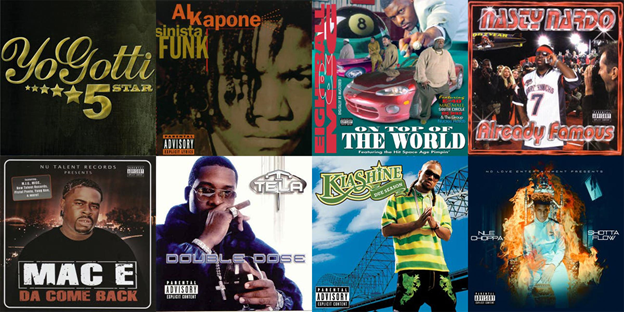

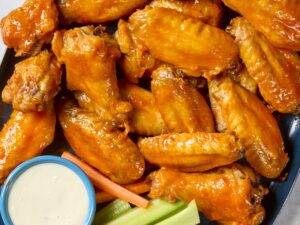

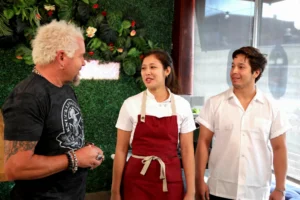


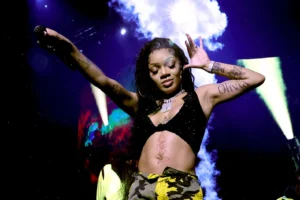
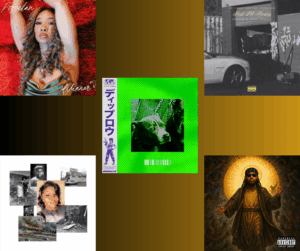
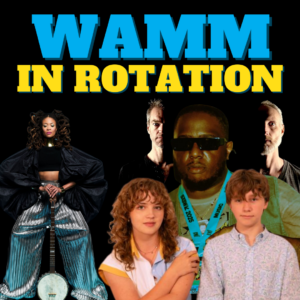



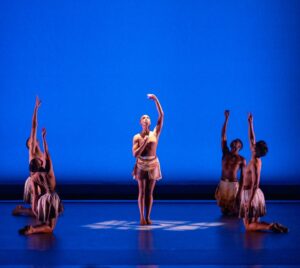


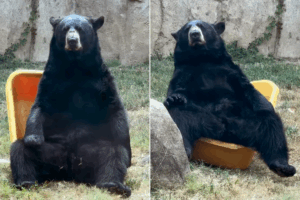
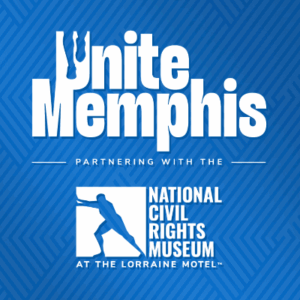
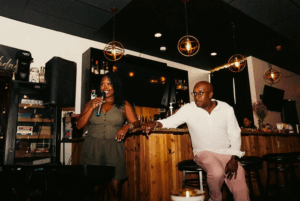







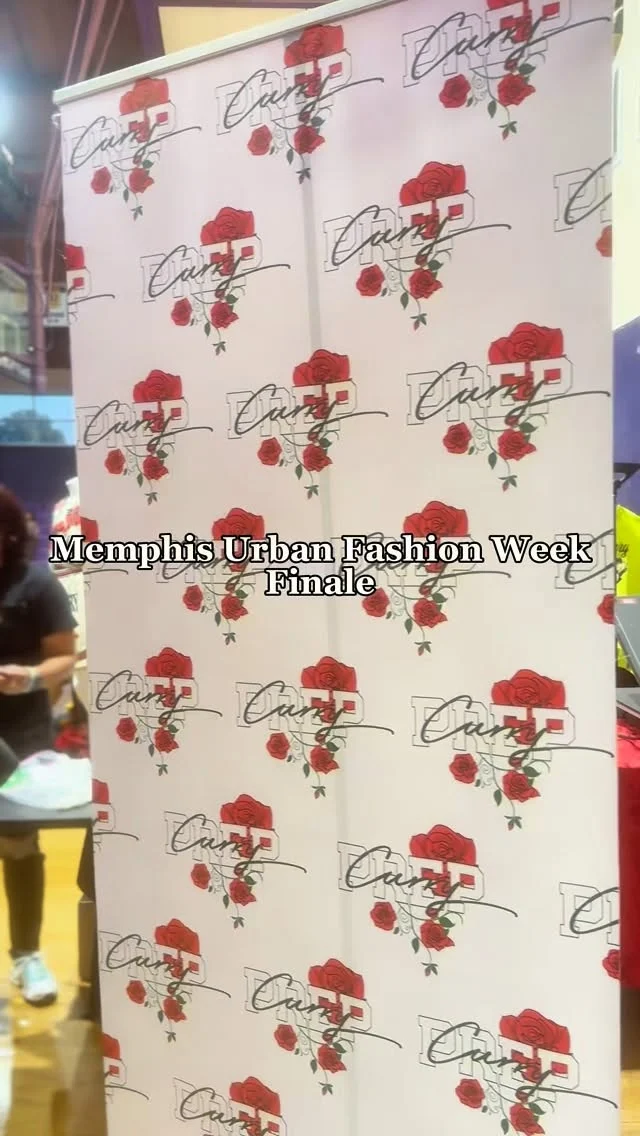
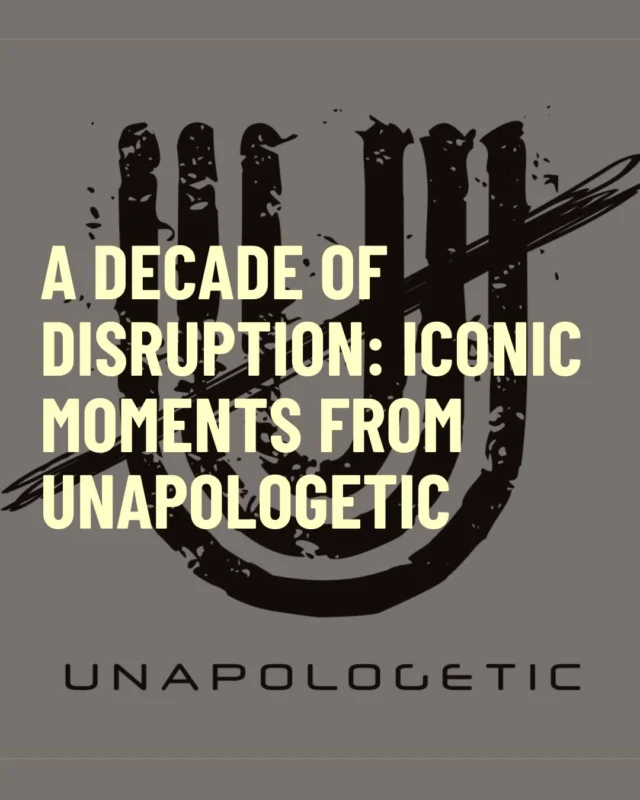


![The countdown is ON, Memphis! We’re officially 30 days out from the @unitememphis 5K + 1-Mile Walk/Run—and this year, we’re stepping into unity on 901 Day 🙌🏽
📍 Monday, September 1 | National Civil Rights Museum
🕘 Start time: 9:01AM
🎶 Food, music & fun to follow
Whether you’re walking or running, this isn’t just a race—it’s a movement. And there’s no better time to join in than now. 👟✨
🎓 COLLEGE STUDENTS: Be one of the first 100 to register using your .edu email with promo code NEXTGENUNITE and your ticket is just $10 (that’s a $32 savings 👀). Limit 2 per person, so tell a friend!
Let’s walk. Let’s run.
Let’s #UniteMemphis 💛
🔗 [link in bio]](https://wearememphis.com/wp-content/uploads/sb-instagram-feed-images/526805187_18335272954206022_6056852028660485499_nfull.webp)
